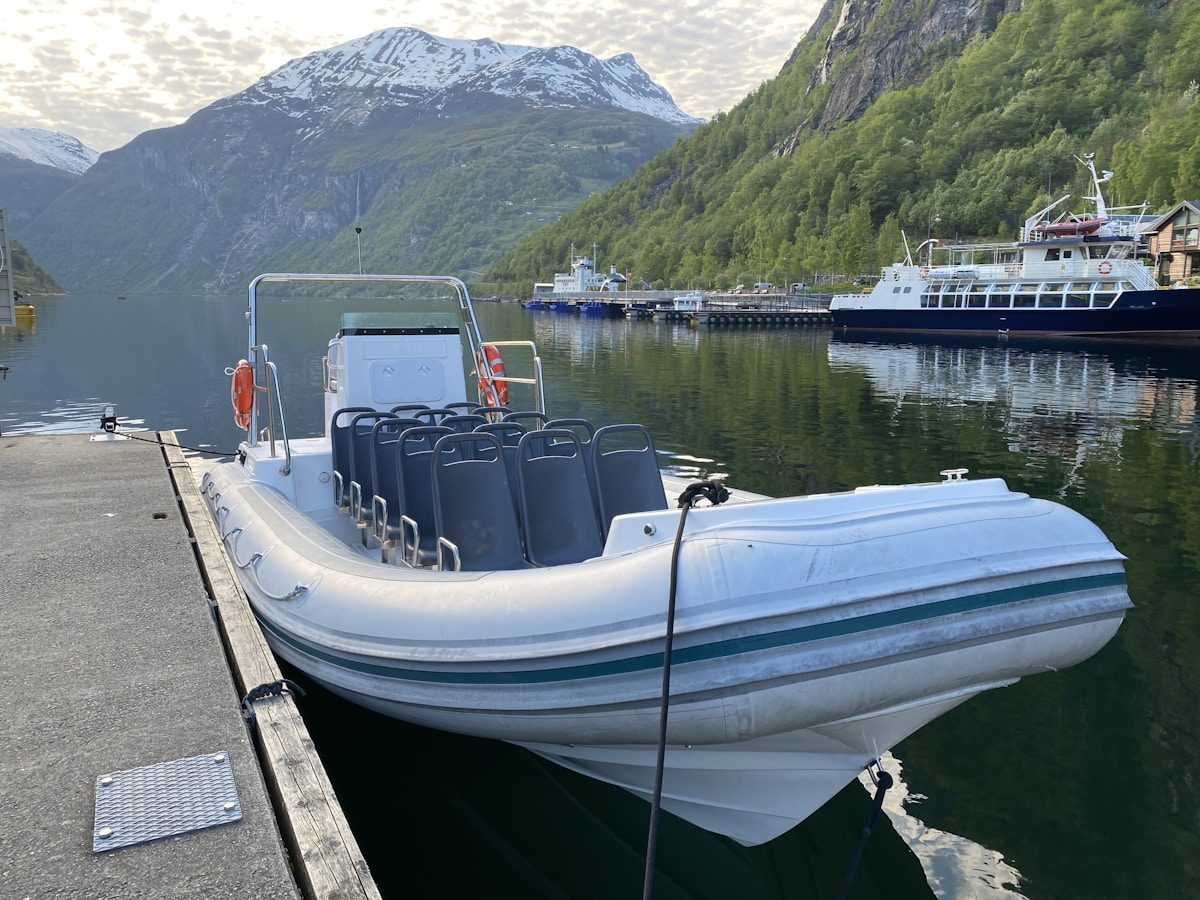Back to Industry News
Cleantech
Energy Storage and New Fuels Boost Vessel Efficiency
Summary generated with AI, editor-reviewed
Heartspace News Desk
•Source: Marine Link

Photo by Dmitrijs Safrans on Unsplash
Key takeaways
- Maritime operators are increasingly combining energy storage with alternative fuels to improve vessel efficiency
- Published October 10, 2025, the report details how integrated systems cut fuel consumption and emissions
- Grimaldi's PCTC Grande Shanghai reportedly achieves a 50% fuel reduction compared to prior car carrier generations
Maritime operators are increasingly combining energy storage with alternative fuels to improve vessel efficiency. Published October 10, 2025, the report details how integrated systems cut fuel consumption and emissions. Grimaldi's PCTC Grande Shanghai reportedly achieves a 50% fuel reduction compared to prior car carrier generations. NCL Vestland demonstrates a 63% decrease in energy use per TEU. These vessels utilize propulsion systems integrating batteries with fuels like methanol and ammonia.
DNV's Henrik Helgesen notes declining maritime battery costs enable new fuel engines to better manage load variations. Flexible, sustainable marine solutions are crucial for streamlined operations and cost reduction. Caterpillar Marine plans to deploy a marine lithium iron phosphate battery by early 2026. They are also developing hybrid propulsion systems. These systems aim to optimize vessel performance and lessen environmental impact. The developments are considered vital for a sustainable future in maritime transport.
Related Topics
energy storagealternative fuelsmaritime transportvessel efficiencyhybrid propulsionbattery technology
Want coverage like this for your company?
Local & industry wins build trusted proof, SEO/geo signals and prime national editors.
Check fit (2 min)